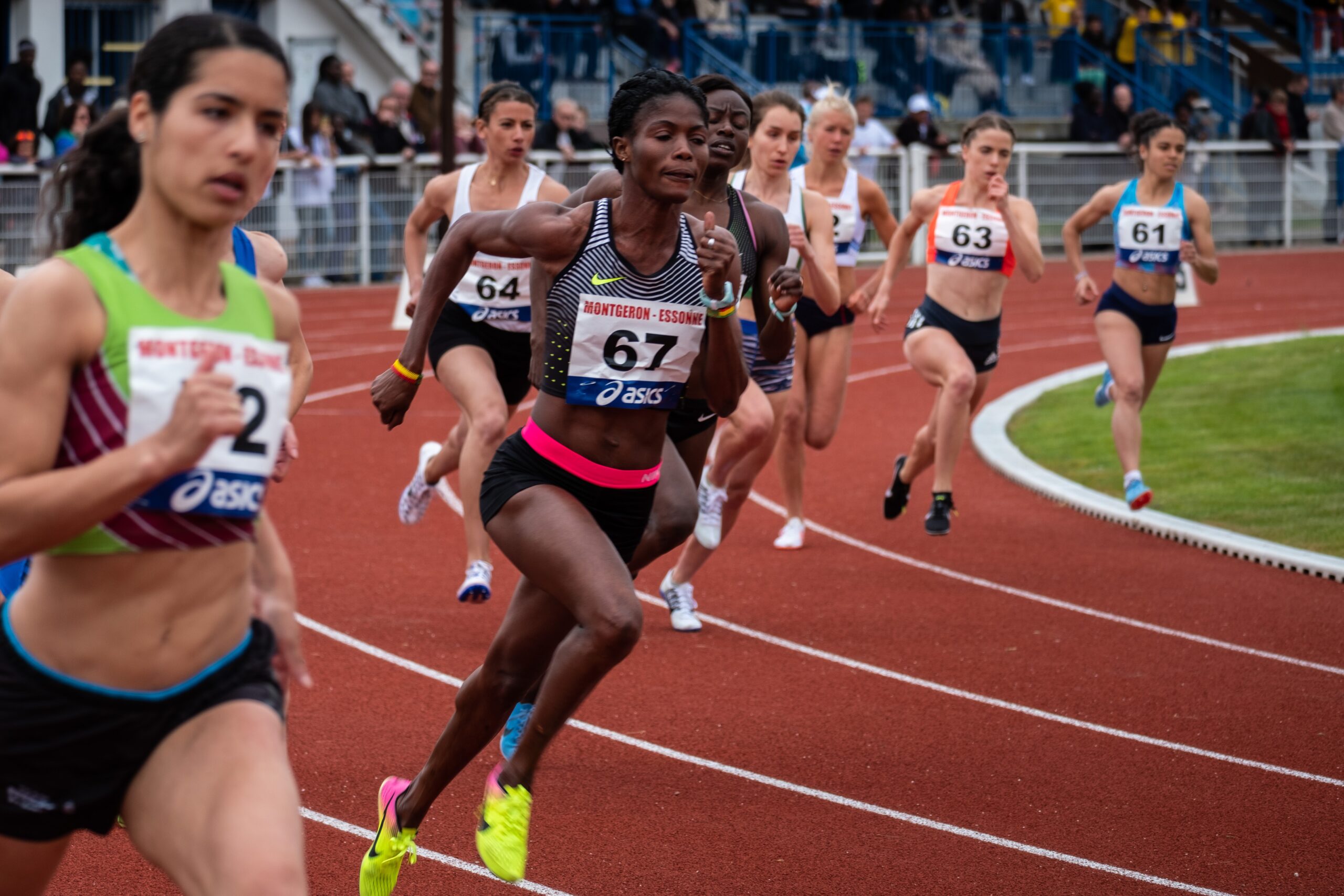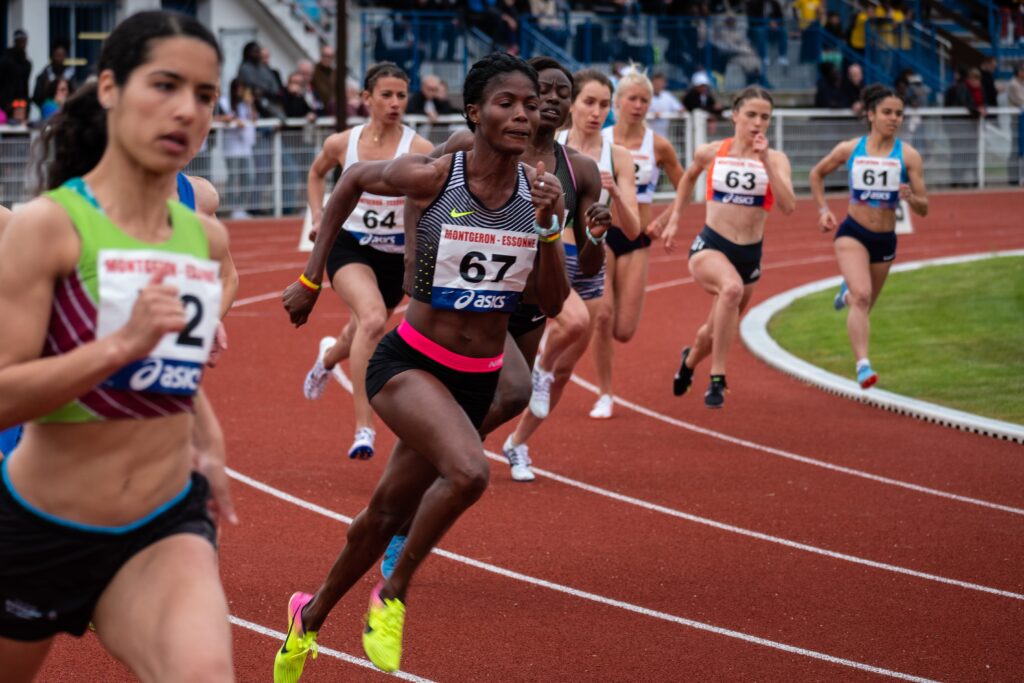
Four Lessons on Leading Young People From the Tokyo Olympics
By: Tim Elmore
The postponed Olympics Games held in Tokyo are now history. As always, there were highs and lows for competing athletes, but I’d like to focus on some insights we gain as we watched this year’s young athletes perform.
The major difference for me in these Olympic games was the topic of mental health.
Among the biggest stories from Tokyo was gymnast Simone Biles withdrawing from the competition just before the team finals. Her reason? Mental health issues. Biles entered the Olympics as arguably the Games’ biggest star. She was a sure-fire bet to win multiple gold medals. But she said, “It’s been really stressful this Olympic Games. It’s been a long week. It’s been a long Olympic process. It’s been a long year. Just a lot of different variables and I think we’re just a little bit too stressed out, but we should be out here having fun and sometimes that’s not the case.” Interestingly, days earlier, Simone had said she felt like “the weight of the world was on her shoulders.”
I suppose we could view this as one more example of how Generation Z needs to build more grit and mental toughness, but in this case, I’d disagree. Biles is mentally tough. She has been almost superhuman over the last five years. Setting records, setting standards, and performing floor routines that have never been done before.
This time, however, she’s been very human. Like the rest of us. So what do we do?

Lessons We Learn About Leading Young People
1. We must take initiative to address the mental health issues of Generation Z.
Simone Biles wasn’t the first young athlete to withdraw from competition for mental health reasons. Earlier, tennis star Naomi Osaka withdrew herself from The French Open, sending a warning shot to anyone who disregards the mental wellbeing of their young performers. They can feel used and abused when coaches, parents, media, and fans fail to take the long view and care about their future. The Women’s Sports Foundation President Judy Foudy said, “It sparked a discussion that’s long overdue. I think most organizations, leagues, and team owners do a terrible job of addressing this, even though you have athletes who are speaking up more and more and having the courage to say, ‘I have some things I’m dealing with and need help.’ Organizations can’t just keep sweeping [it under the rug] or threatening.” It’s time we take initiative on this.
2. We must apply appropriate pressure on them to succeed.
In addition to mental health problems, some young performers balk at the pressure unhealthy coaches, fans or rules place on them. In other words, in addition to the cultural issues causing anxiety or panic attacks, some of the unhealthy pressure is due to those in charge of the money. You and me. Three-time Grammy award winner “Pink” offered to pay for fines given to the Norway’s women’s beach handball team after they refused to wear bikini bottoms during their bronze-medal match at the European Beach Handball Championship. Let’s be honest. Why would we demand women wear bikinis instead of shorts? We don’t make men wear Speedos, do we? We must step back and ensure our pressure on young people is appropriate for the context and doesn’t lead to greater distress for them in the future. We need a balanced perspective.
3. We must remove some of their self-imposed pressure.
Only healthy leaders can foster healthy young performers. We reproduce after our own kind. We cannot lead others beyond where we have traveled ourselves. While it is difficult for some of us, we must find it in ourselves to actually remove some of the self-imposed pressure kids experience by encouraging them to relax, to rest, to enjoy a break. We all know the science behind this: it actually leads to better performances. I recognize some members of Generation Z need to be coaxed toward higher standards for themselves, but I believe an equal number should be relieved of the incessant push for more and better: make the grade, make the cut, make the team, make the money. It’s just not sustainable. Ramogi Huma, executive director of the National College Players Association reminds us: “You wouldn’t require an athlete with a broken leg to do sprints. For the same reason, you shouldn’t require an athlete struggling with mental health to do (something) against her will.” This kind of insular training can be harmful.
4. We must check our own motives as we lead them.
Shawn Wright is our Vice President of Business Development at Growing Leaders. He spends his weekends as an umpire for adult and little league baseball. He mourns over the incidents of adults (coaches and parents) behaving badly at ballgames, setting the poorest examples of what maturity should look like. Often, the reason a parent goes ballistic is their own emotional deficits. Envy. Ego. The problem was not a “bad call” by the home-plate umpire; it was caused by ulterior motives on the part of the parent. If our emotions outweigh the issue at hand, our reactions will likely be inappropriate. Sadly, our children are the victims of our miserable leadership. I heard of one league that would not allow parents in the stands to say anything during games; they can’t control themselves. We say it’s all for our kids when we push them, but is it really? Our stress tends to become their distress. Why not do a motive check on yourself next time you push them?
Let’s Be Honest With Ourselves
One last thought about leading young performers. I think it’s time we get honest with ourselves. For example, why do we insist NCAA student-athletes do media interviews? We say it’s good for their development and it can be. But I know some young athletes who absolutely stress out at this undue pressure. I know why we really care about it. Because it increases our chances at revenue. Let’s be honest about the pressure we apply. If it’s more about us than them, we have a problem in our leadership.
Simone Biles is the greatest of all time at just 24 years old; she’s an icon in a sport that sacrifices bodies, minds, and lives for perfection. You are literally judged on how close to perfection you come. Your identity comes to be built around it. Young gymnasts are taught that their bodies are not their own, but Simone Biles refused to accept that.
This is a wake-up call for governing bodies, coaches, and parents. If we care about our young emerging adults, let’s take the long view and get this right.






